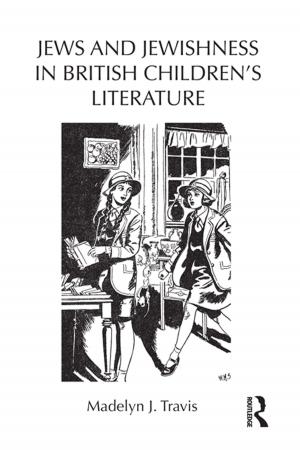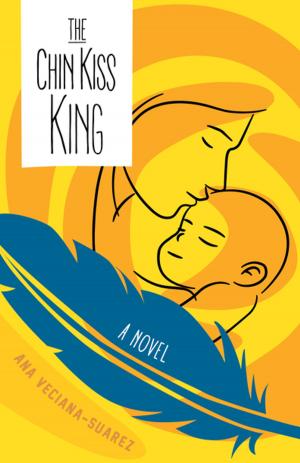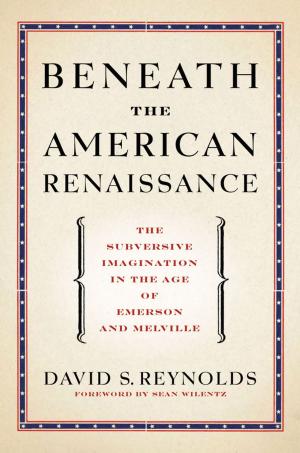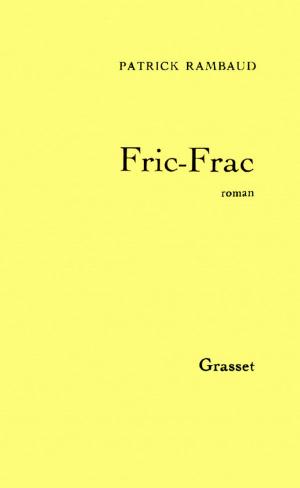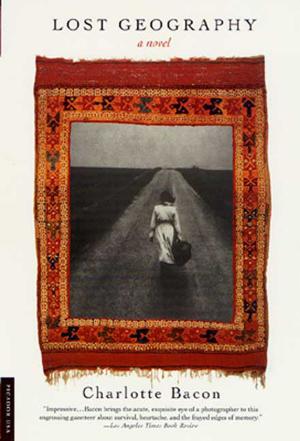| Author: | Miles Rothwell | ISBN: | 9781370129485 |
| Publisher: | Miles Rothwell | Publication: | August 14, 2016 |
| Imprint: | Smashwords Edition | Language: | English |
| Author: | Miles Rothwell |
| ISBN: | 9781370129485 |
| Publisher: | Miles Rothwell |
| Publication: | August 14, 2016 |
| Imprint: | Smashwords Edition |
| Language: | English |
...a fleeting glimpse... depicts the inner most thoughts of a person deconstructing the way in which their mind perceives reality. The story involves a struggling writer disillusioned with life, who sets about recording his thoughts and dreams in a journal that is originally intended to be a parody of a self-help book. Along the journey he develops the idea of the journal becoming a tool to deconstruct and re-build the separation between the observer and external reality.
The writer develops a relationship with a corporate career woman. Their friendship enables them to see the world through each other's eyes. Through the process of writing the journal, the main character recounts previous experiences, including a whole chapter on his childhood. Many of these childhood images are re-lived and edited to soothe emotionally charged moments of the present and past.
The journal also takes aim at politics, religion and money, as the writer in the novel sees them as the pillars of western decay and decline. The writer in the story creates a character in his journal based on a childhood friend who died tragically. Through this character, the writer exorcises not only the pain and suffering felt through losing a childhood friend but also the pain experienced living in an indifferent Universe
The tone of the novel is tongue in cheek, and at times 'black' in humour. There are references to other literary works, music and art. In some respects my intention was to pay homage to works like The Tree of Man, Illywhacker and Ulysses but also to write an 'anti-novel' or 'antithesis' of a modern novel while at the same time with much respect, paying tribute to the literary masters I have grown up with and love. Although there are dark elements to the novel, ultimately the message is of hope and renewal, regardless of the events of the past.
The main character is despondent with his life, restless and frustrated for not having any work published, so he embarks on writing a parody of a self-help book as a way to demonise the shallow and unrealistic offerings of self-help authors and as a way of making a quick 'buck.'
As he continues to research these texts he starts to think more deeply about the themes of modern life, in particular, money, politics and religion and begins to write his musings down. Soon his self-obsessed and narcissistic personality comes to the fore and he writes and writes in a cathartic but also de-constructive manner, taking apart the very foundations of thought, and is left with the sound of the 'intergalactic wind' as his only solace.
The young career woman who he meets is in her own way also at a crossroads. Disenchanted with her increasing workload and her tyrannical money orientated boss she starts to question her own motives and needs. They share a bizarre ESP or 'mind reading' incident that draws them in together. They embark on a love affair which changes them both.
The two stylistic elements that make the novel different, though not unique, include the last line of the novel flowing into the first line which is a structural element that illustrates the cyclic nature of existence.
...a fleeting glimpse... depicts the inner most thoughts of a person deconstructing the way in which their mind perceives reality. The story involves a struggling writer disillusioned with life, who sets about recording his thoughts and dreams in a journal that is originally intended to be a parody of a self-help book. Along the journey he develops the idea of the journal becoming a tool to deconstruct and re-build the separation between the observer and external reality.
The writer develops a relationship with a corporate career woman. Their friendship enables them to see the world through each other's eyes. Through the process of writing the journal, the main character recounts previous experiences, including a whole chapter on his childhood. Many of these childhood images are re-lived and edited to soothe emotionally charged moments of the present and past.
The journal also takes aim at politics, religion and money, as the writer in the novel sees them as the pillars of western decay and decline. The writer in the story creates a character in his journal based on a childhood friend who died tragically. Through this character, the writer exorcises not only the pain and suffering felt through losing a childhood friend but also the pain experienced living in an indifferent Universe
The tone of the novel is tongue in cheek, and at times 'black' in humour. There are references to other literary works, music and art. In some respects my intention was to pay homage to works like The Tree of Man, Illywhacker and Ulysses but also to write an 'anti-novel' or 'antithesis' of a modern novel while at the same time with much respect, paying tribute to the literary masters I have grown up with and love. Although there are dark elements to the novel, ultimately the message is of hope and renewal, regardless of the events of the past.
The main character is despondent with his life, restless and frustrated for not having any work published, so he embarks on writing a parody of a self-help book as a way to demonise the shallow and unrealistic offerings of self-help authors and as a way of making a quick 'buck.'
As he continues to research these texts he starts to think more deeply about the themes of modern life, in particular, money, politics and religion and begins to write his musings down. Soon his self-obsessed and narcissistic personality comes to the fore and he writes and writes in a cathartic but also de-constructive manner, taking apart the very foundations of thought, and is left with the sound of the 'intergalactic wind' as his only solace.
The young career woman who he meets is in her own way also at a crossroads. Disenchanted with her increasing workload and her tyrannical money orientated boss she starts to question her own motives and needs. They share a bizarre ESP or 'mind reading' incident that draws them in together. They embark on a love affair which changes them both.
The two stylistic elements that make the novel different, though not unique, include the last line of the novel flowing into the first line which is a structural element that illustrates the cyclic nature of existence.





